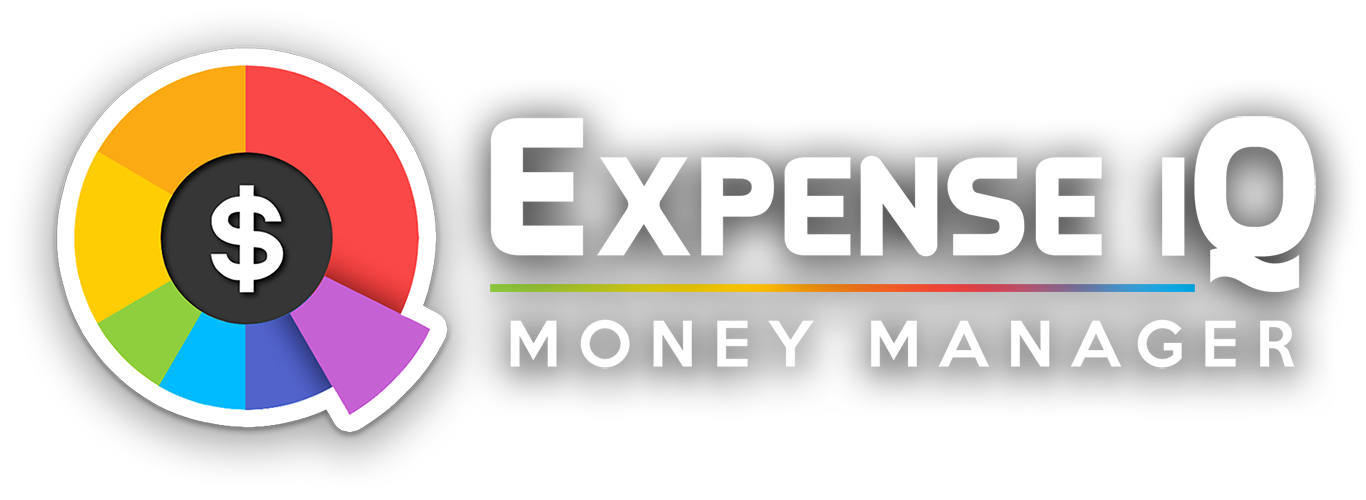The idea of saving money from your pay check is something almost everybody had thought about, but not everyone goes about doing it due to a variety of reasons.
- First and the most ideal scenario, you have more than enough for your expenses and treats. That’s great for you! However, most of us are not as fortunate.
- The second group, you do not think saving is necessary. You are most probably young and have a full life ahead – retirement seems so distant.
- The third group, you have never carried out any proper strategies to save. The following 4 simple tips will give you a leapstart.
Save First, Spend Later
The most common mistake made is savings is done AFTER you spend. This is a pretty dangerous maneuver, in that, it gives you the idea that savings is of the least priority. When you do this, your savings per paycheck becomes unpredictable and most often; you rather spend than putting those precious dollars into your savings account.
In fact, you should designate a percentage of your paycheck as savings FIRST, and plan your expenses after deducting that. This way, your savings becomes your priority and is regular. Many a times, we do not need that latest phone, the big screen TV or pretty dress immediately. Saving first helps you to control your spending better.
Keep Track of Your Expenditure
After saving, it does not mean you can spend freely. It is a good habit financially to keep track on where your money is spent. Very often, we make unnecessary purchases due to misinformation, on a spur, or due to “habit”. For example, if you noticed that you are always having a garage sale to get rid of your used but WORKING electronic gadgets or appliances, you are most probably spending unnecessary dollars on new stuff which you do not need. Sometimes, you may notice that you have a recurring debit on your account for services that you are no longer using. These missing dollars can contribute towards the new bag or game console you so desire.
Using an expense tracker can help a great deal. Almost everybody in the modern world uses a smartphone. There are plenty of expense tracker apps available to help with this aspect.
Treat Jar
When you keep track of your expenses and save on those unnecessary purchases, you may find yourself having “extras”. Wow congratulations! You have now met your savings plan, paid your bills, make some necessary purchases and still have some left. With this extra, do reward yourself with a treat. It can be a nice meal or a pretty scarf. However, if it is not enough for a treat that you really wanted (for example a holiday or a pair of shoes), why not set a budget monthly to save your “extras” towards these treats. Many good expense tracker apps have this function to help you with this.
The 14 Days Rule
After minusing off your mortgages and bills, you can then plan your purchases. However, before you part with those precious dollars, ask yourself “is this necessary? Can I survive 14 days without it?” If the answer is “Yes you can survive 14 days without it”, you most probably do not need that item.
So do not lose heart but take one step at a time towards better money management!
Related




